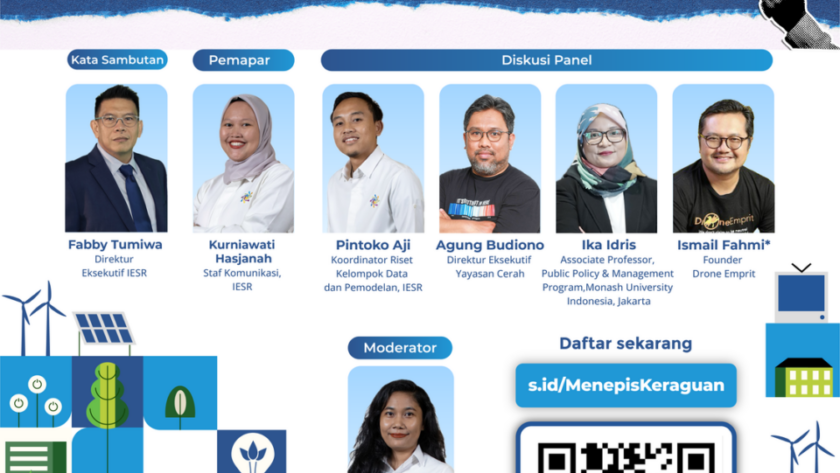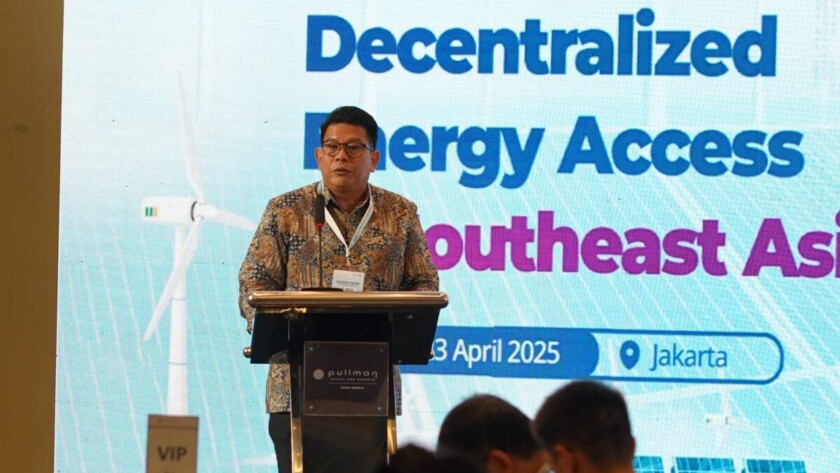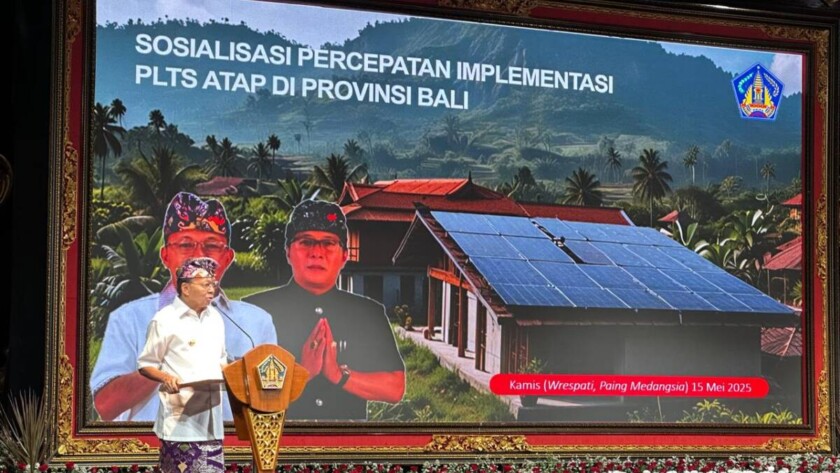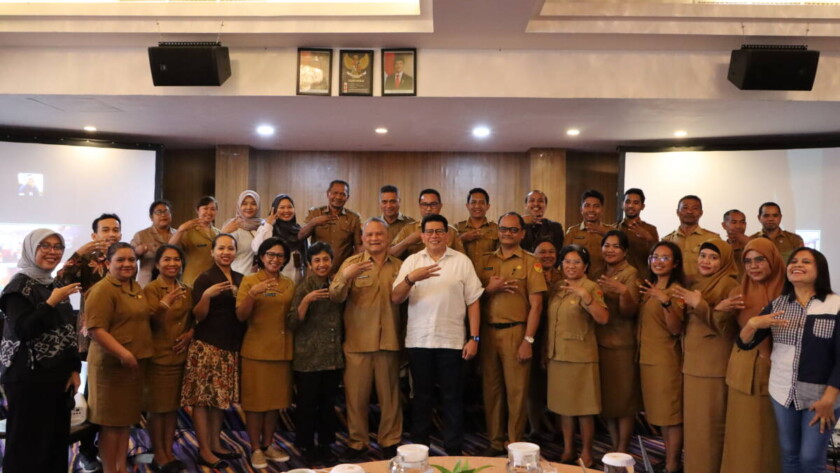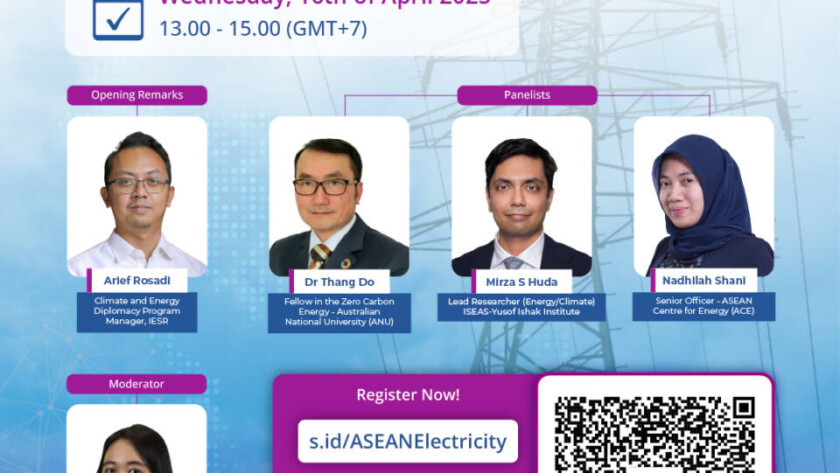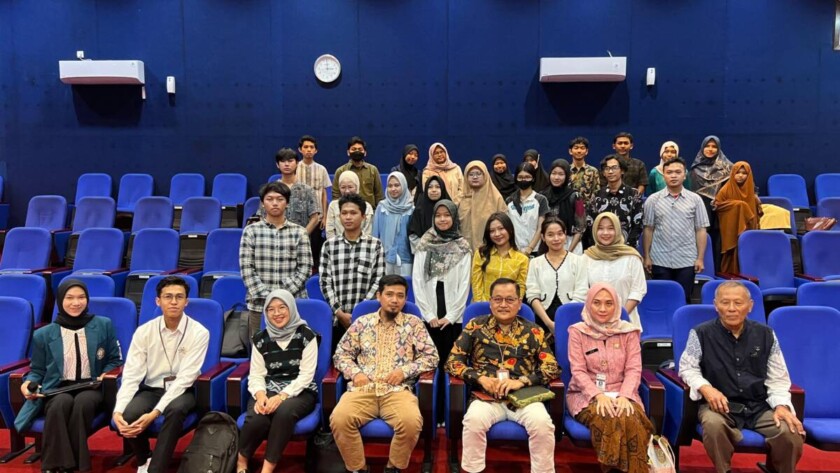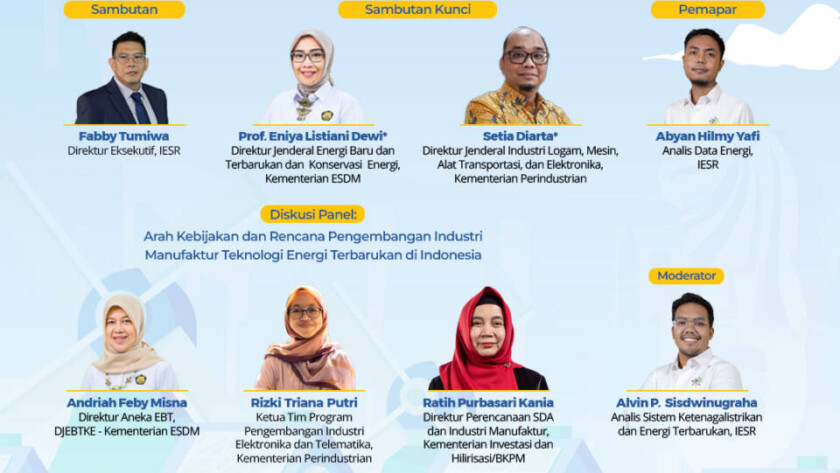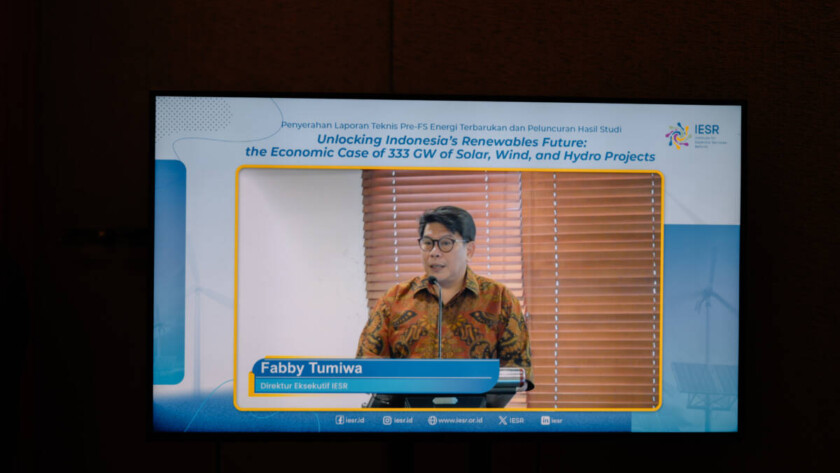Background
The energy transition to clean energy sources is a crucial part of Indonesia's efforts to meet global commitments in tackling climate change. Indonesia has ratified the 2015 Paris Agreement, which targets the world to achieve carbon neutrality by the middle of this century (around 2050). As a form of contribution, Indonesia has set a…
